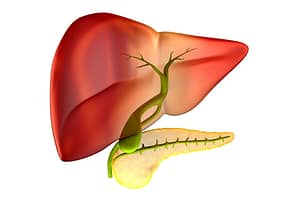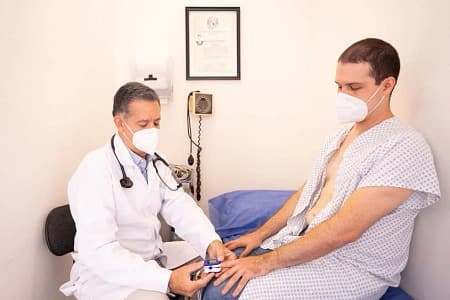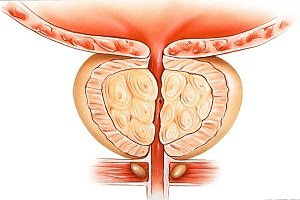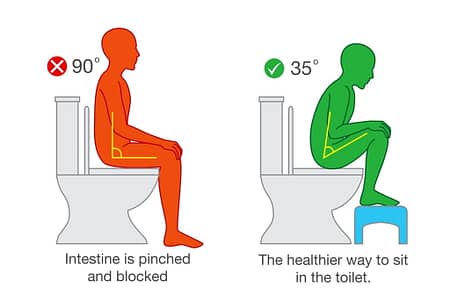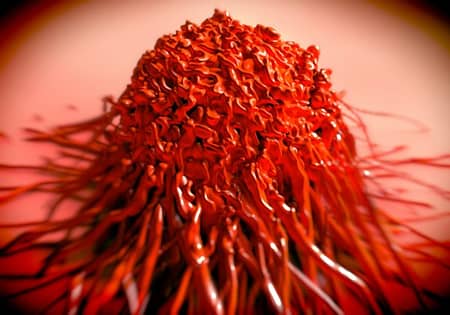Browsing: Prostate Cancer
Comprehensive Information, Resources, and Support on Prostate Cancer
Introduction: A Cancer Screening Conundrum Prostate cancer screening is a hot-button issue in the medical community. With the potential to…
There are more than 100 known types of cancer, a disease that involves abnormal cell growth in one or more…
Cancer treatments can cause several changes to your body. There are some side effects of each type of cancer treatment, which different people experience differently. As you prepare yourself for cancer treatment, you may benefit from these coping strategies.
Prostate gland is a chestnut-shaped male reproductive organ that contains not just one but about 30-50 glands. It is located between the bladder and the penis. The prostate secretes a milky fluid that is discharged into the urethra at the time of the ejaculation of semen.
Women have small glands on the front side of the vagina. These are called “Skene’s glands” or “Skene’s ducts. Skene’s glands are considered analogous to male prostate because of similarities with the prostate. One similarity is the presence of prostate-specific antigen (PSA) and PSA phosphatase (PSAP) in both the male prostate and the Skene’s glands.
There is no ‘one size fits all’ treatment for prostate cancer. Your physician will evaluate your condition and make a decision about what is best for you. The decision-making process for treatment may include a combination of clinical and psychological factors such as the following. You should discuss all of them with your doctors before drafting a plan of treatment.
What are the early warning signs of prostate cancer? Usually, there aren’t any. Often, prostate cancer does not cause any signs and symptoms in the beginning. Signs begin to appear only after the cancer has spread large enough to influence functioning of the urethra. At this stage, the cancer is much advanced and can cause troubles particularly of urination.
What Causes Prostate Cancer and What Are the Risk Factors?
According to the Urology Care Foundation, prostate cancer is the second most common cause of all cancer-related deaths among American men. It is estimated that about 1 in 7 men will be diagnosed with the disease sometime in their life, and about 1 in 39 men will die from it. Most of the deaths occur in men of old age.
Prostate cancer is the second most common cancer among men, after skin cancer. It is the second leading cause of death due to cancers in men. According to the American Cancer Society in 2016, an estimated 180,890 men will be newly diagnosed with prostate cancer and 16,120 men will die from it. The prostate cancer is cancer of prostate gland. In the UK, about 40,000 new cases are diagnosed every year.
There is no single test that can confirm whether you have prostate cancer. Generally, your doctor evaluates your condition based on a set of tests to diagnose if you have cancer or any other condition such as infection or enlarged prostate etc. Your doctor may perform urine tests, blood tests, imaging tests or various other procedures.


